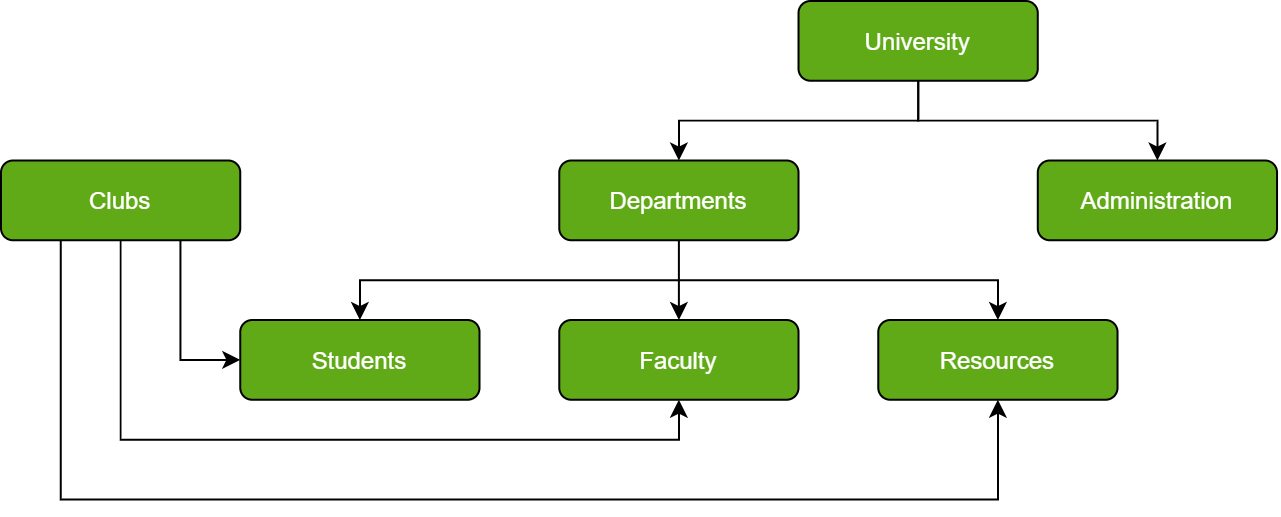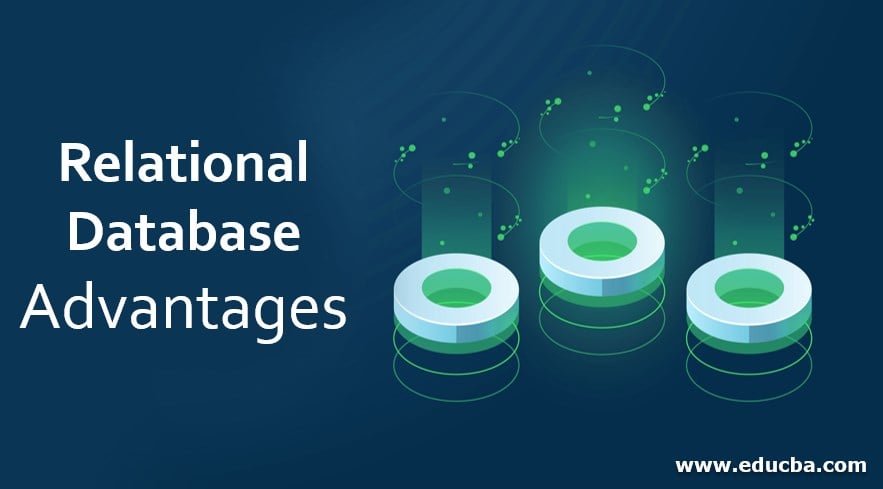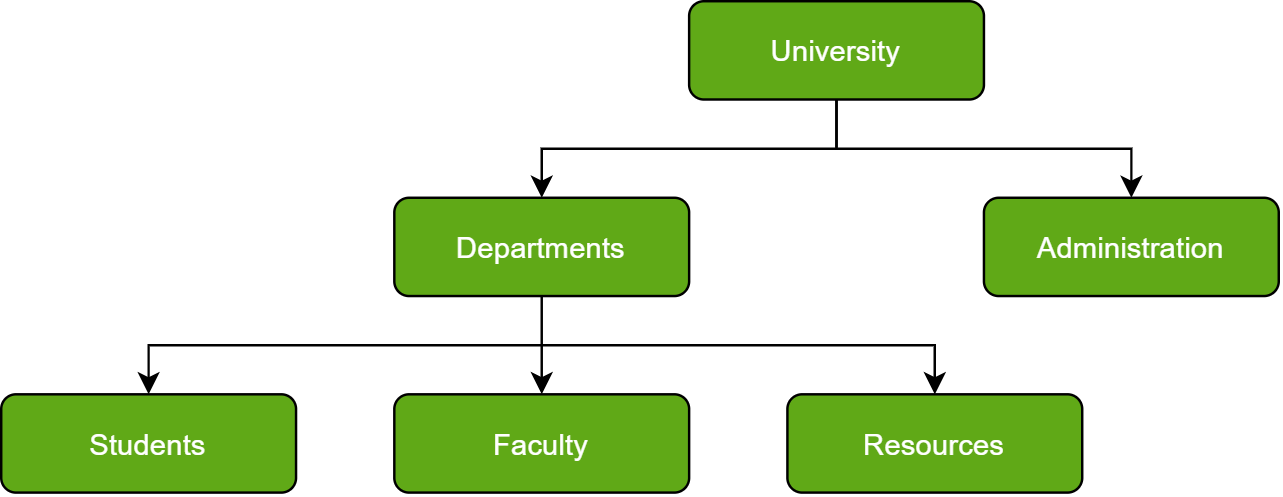Explain the Benefits and Limitations of Different Database Technologies
Some advantages of the database approach are as follows. The obvious advantage of a non-relational database is the ability to store and process large amounts of unstructured data.

Suspended Medium Cryptocurrency Infographic Digital
An advantage of the database management approach is the DBMS helps to create an environment in which end users have better access to more and better-managed data.

. Businesses today more than ever use technology to automate tasks. However there are disadvantages as well. Database management creates a place where users have an advantage of more and better-managed data.
As in DBMS data is stored in a single database so data becomes more consistent in comparison to file processing system. The integration of all the data for an organization within a database system has many advantages. Many of these repositories contain information that many people can use.
IBM Cloud Databases for MySQL this is a fully managed service to help simplify the deployment and scaling of MySQL relational databases in the cloud. 13 analyse different approaches to database design. Data can be shared 6.
Thus making it possible for end-users to have a quick look and to respond fast to any changes made in their environment. IBM Db2 on Cloud this is a fully-managed SQL cloud database. Disadvantage of Database Management System DBMS Although the database system yields significant advantages these database systems do carry considerable disadvantages.
So a large disk storage is required to store all this data. He began by discussing the fact that the integrity of data is very important so RDBMSs support ACID transactions Atomicity. Support Multi-users Views 8.
The benefits and limitations of different database technologies Traditional file base approach is a collection of data stored in an organized file. Improved data sharing. Advantages and Limitations of Data Analytics.
First it allows for data sharing among employees and others who have access to the system. Well lets look at some of its benefits. Huge Size A database contains a large amount of data especially for bigger organisations.
One of the disadvantages of DBMS is database systems require sophisticated hardware software and highly skilled personnel. Increases Production and Saves Time. It provides high availability point-in-time recovery PITR read replicas and backup orchestration.
As a result it can process ANY type of data without needing to modify the architecture. Controlling Data Redundancy 3. Data Manipulation Easily 5.
The database approach offers a number of potential advantages compared to the traditional file processing system. To sum up all the advantages of using the relational database over any other type of database a relational database helps in maintaining the data integrity data accuracy reduces data redundancy to minimum or zero data scalability data flexibility and facilitates makes it easy to implement security methods. Quality of the data in the database ensures reliability and efficiency.
LO 2 Be able to design and implement relational database systems 21 design a relational database system to meet a given requirement. 2 22 build a relational database system based on a prepared design. High Hardware Cost A database contains vast amount of data.
Share information simultaneously with other users or with other databases. The more accessible and usable the database the more it is prone to security issues. Second it gives users the ability to generate more information from a given amount of data than would be possible without the integration.
Confidentiality of information is also important as many databases are included in a DBMS. All this increases hardware costs by a lot and makes a database quite expensive. Each application will be used to perform services for the end-users and each program will manage store and use data in different way Thomas M Connolly Carolyn E.
DBMS controls data redundancy which in turn controls data consistency. Advantages of Database Approach. Second it gives users the ability to generate more information from a given amount of data than would be possible without the integration.
Data consistency means if you want to update data in any files then all the files should not be updated again. It is not maintain for all organizations It is only efficient for particularly large organizations. Advantages of database.
The data analytics techniques help uncover the patterns from raw data and derive valuable insights from it. Damage to database affects virtually all applications programs. Advantages of Database Management System DBMS 1.
Databases make it easier to obtain information. Here Lets find the advantages and disadvantages of a database management system DBMS. Allows you to control data duplication redundancy.
Minimized Data inconsistency 4. The cost of maintaining these. Data analytics helps businesses get real-time insights about sales.
Advantages of DDBMS The database is easier to expand as it is already spread across multiple systems and it is not too complicated to add a system. First it allows for data sharing among employees and others who have access to the system. The advantages of using a database are that it improves efficiency facilitates organization and eliminates useless information while disadvantages are compatibility problems with computers and significant software and startup costs.
Data analytics is the process of examining and analysing datasets to draw conclusions about the information they hold. Helps for Decision Making Disadvantages of Database 1. James Serra a Big Data Evangelist at Microsoft discussed the many differences advantages and disadvantages and various use cases of relational and non-relational databases during his Enterprise Data World Conference presentation.
Advantages of Database 1. In traditional no database systems each department maintains its own files for handling its data processing. Database systems are complex due to data independence difficult and time-consuming to design.
A good example is a bakery which uses electronic temperature sensors to detect a drop or increase in room or oven temperature in a bakery. Sometimes extra storage may even be needed. Cost of Hardware and Software 2.
The integration of all the data for an organization within a database system has many advantages. So creating and maintaining a NoSQL database is faster and cheaper. 12 critically discuss the benefits and limitations of different database technologies.
Cost of Data Conversion 3. Better Data Transferring. The distributed database can have the data arranged according to different levels of transparency ie data with different transparency levels can be stored at different locations.
These sensors send information directly to the operator reporting any temperature change. Facilitates standardization of processes record names etc.

Relational Database Advantages 8 Advantages Of Relational Database

Types Of Databases Geeksforgeeks

Top 5 Database Management Challenges And How To Solve Them Micore Solutions

No comments for "Explain the Benefits and Limitations of Different Database Technologies"
Post a Comment